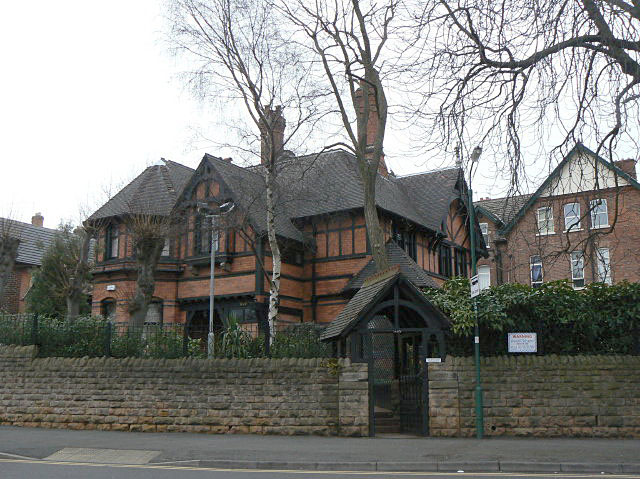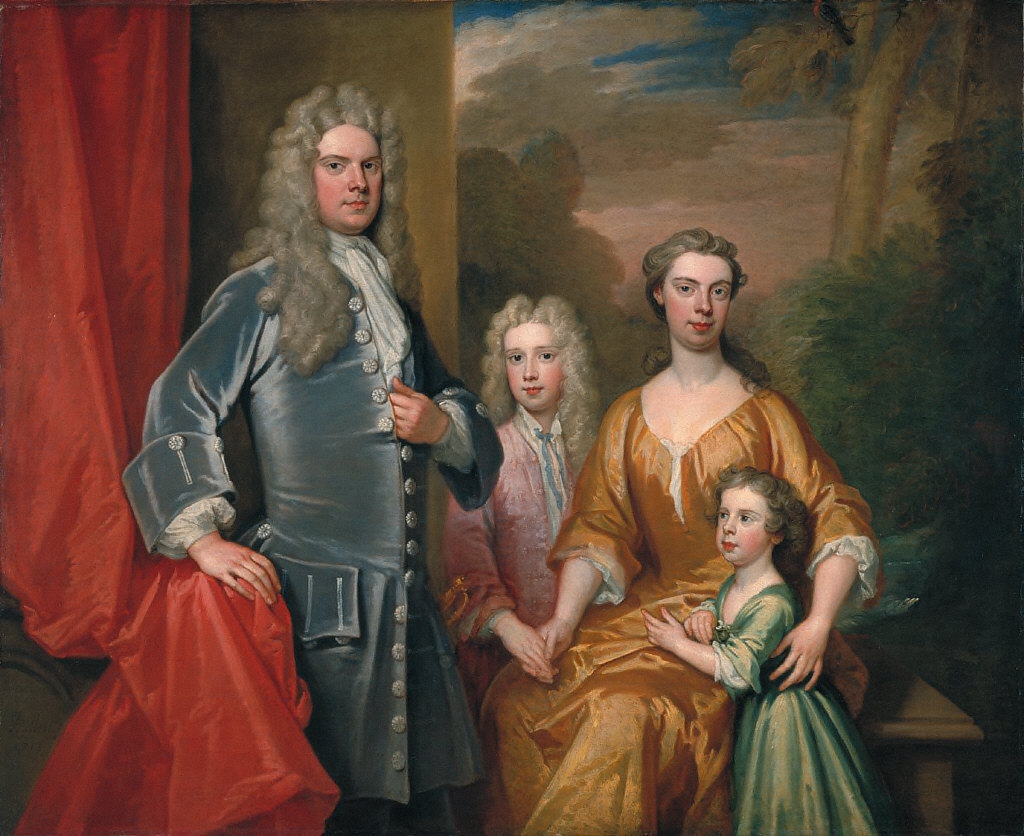A developing fascination with some local-ish history. But why don't people write facts in an engaging way? Here's my re-write
of this fascinating but dry site from the University of Nottingham. History is gossip.
Son of Sir Henry Willoughby and Anne, Francis was born in 1546 at Woodlands in Dorset. In 1546 Henry VIII was in his final year as king. Times they are a changing, and the massive religious upheaval of the mid C16 is the background to Francis' childhood.
Mum dies when Francis is two. Dad inherits two estates - Wollaton and Middleton - in 1549 but he dies that sumer while fighting in Kett's Rebellion. So little Francis is an orphan by age three. Francis lives with uncle George, while his big brother Thomas is raised by Henry Grey, the Duke of Suffolk. (I don't know where his big sister Margaret went to live. Apparently that wasn't an important enough detail to write down.) Anyway, the uncles get political and are part of the Lady Jane Grey plot - the Duke is executed in 1554 and uncle George serves time in the Tower of London.
When Francis is 13 his big brother dies, and Francis becomes heir to the Wollaton estate.
Aged 18 Francis' then guardian (Sir Francis Knollys) suggests marriage to his daughter - who doesn't have a name. Francis doesn't fancy that, and marries his neighbour Elizabeth instead. They have six daughters who live, and various sons who don't. I'd speculate that this heir problem doesn't help what's described as a 'stormy' marriage. Just how violent does the violence have to be for a wife to leave her husband in 1578? She comes back to him ten years later, and dies in 1595. He's 49 years old by then.
Sir Francis - he's knighted in 1575 - is rich, rich, rich. He has extensive land and coal mines in a number of counties, and town houses in Nottingham, Coventry and elsewhere.
In 1580, he decides to demonstrate his wealth by building a Grand Design on the only hill in Nottingham that rivals Nottingham's Castle rock. Like every episode of Grand Design you've ever seen, costs spiral and the borrowing begins. The new hall is completed in 1588 - the same year that Francis and Elizabeth reconcile. Coincidence? I don't know. But they don't move into the mansion. Meantime that most famous of Francis' - Drake - is battling the Spanish Armada and winning the favour of that most famous Elizabeth. Queen Liz never stayed with Sir Francis at Wollaton, though she probably did stay at Middleton Hall, his main residence in the 1570s.
 |
| Wollaton Hall: a grand design |
Our Sir Francis is known as an early investor in agricultural and industrial innovation. His schemes included woad planting and ironworks. However, he's spent too much on the new hall, and the income from the coal pits is decreasing. England is at war, there are taxes to pay, and all those daughters need dowries. Sir Francis is in debt. This leads to tensions with the man who is named as Sir Francis' heir, and would like to inherit assets, not liabilities please.
Soon after Elizabeth's death Sir Francis remarries. He still wants an heir. New wife Dorothy Tamworth is pregnant when, in 1596, aged 50, Sir Francis dies. It's suspected he's poisoned. (By who? Isn't that tantalising?). The disposal of the estate depended on whether Dorothy's child was a boy or a girl. She was a girl, and died.
There was no will, and there were lawsuits. Eventually the estate - and its many debts - is inherited by Sir Francis' son-in-law (also his cousin) Percival Willoughby. So everything stays in the family in the end.



